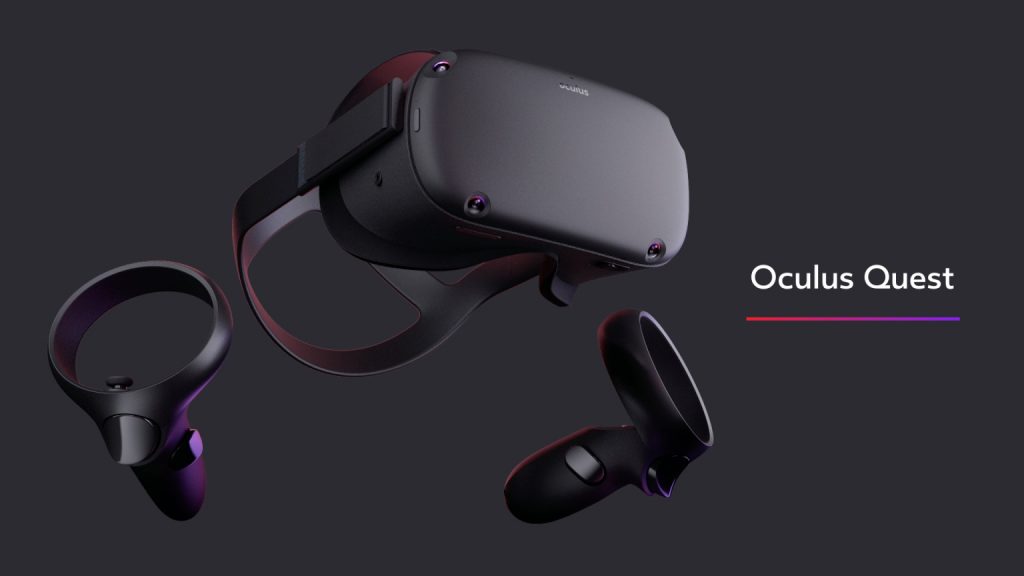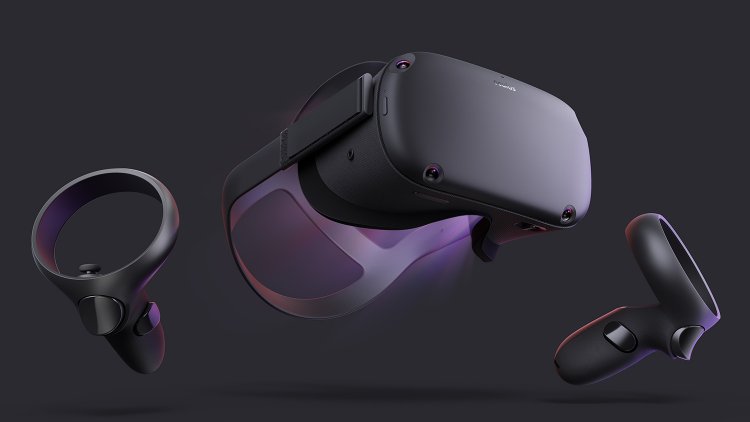Facebook’s Oculus Quest to Get a New UI Revamp
The coronavirus has impacted the tech world the same way it has hit the healthcare industry. The presence of the COVID-19 and its aggressive transmission across Europe and the US, has led to the mass cancellation of conferences. Across the world, major tech companies are having no option but to cancel their developer conferences and meetings. Some of the major conferences canceled have come from Facebook, Google, and even the Microsoft Build conference. However, Facebook seems to be compensating by indulging in other announcements. While their Game Developers Conference could not take place as planned, Facebook is now creating ripples by making Oculus-related announcements. Here’s a look at everything you need to know regarding these announcements and what this means for the tech world.
Game Developers Showcase
Facebook has been making announcements regarding the Oculus series via a Game Developers Showcase. The biggest news which has come through is that Facebook’s Oculus Quest will be undergoing a huge UI change which will help the company implement more VR functionalities. The UI now works through a somewhat confusing menu system that floats around a space that resembles a virtual living room. This menu appears whenever the user presses the main Oculus button. However, the new menu will get rid of this style, and replace it with a more minimal, and easily navigable menu. Also, this new system will bring all the applications available under one access system, which will make it easier for the user to access any application, right from the home screen. The new menu will also enable users to access the Quest’s volume and brightness controls. The immersive overlay also helps users access several functionalities such as live streaming, casting and approving updates.
Additional Features
Furthermore, the new system will host a new feature that supports multi-window functionality within the Quest’s in-built browser. This will help users rearrange their windows, open new ones and close existing ones with ease. Therefore, from now on users will be able to watch a football game in one window while handling their work emails in the second one and even check their Facebook profile on the side using the third screen. Also, the company has announced that the same feature will soon be available for AppStore and Chats. Facebook explained that these added functionalities would help the system support new VR technologies. The VR set of the future requires people to be able to multitask with ease, while also staying connected with loved ones efficiently. Everything from the gaming industry to the entertainment field will be transformed by this new update and VR will finally grow to become the next biggest thing in computing.
The Oculus Quest
The Oculus Quest is essentially a game console now that is highly self-contained, which is exactly how Facebook markets this product. Over 20 titles released by them has brought in more than $1 million in revenues for Facebook, just from Quest alone. Also, the company says that studies show that almost 90% of the people who bought the headset in the holidays, had never owned a product by Oculus before. On Christmas day alone, Oculus stores sold merchandise worth over $5 million, as per Facebook CEO Mark Zuckerberg. Hence, Facebook believes that this update will usher in a new age for the company, with more people getting introduced to the world of VR as a result of the product.
These new updates will start hitting the stores by the end of this month. All users have to do to enable them is go to the Settings, click on Experimental Figures and then switch the update on. In 2019 alone, the company boasted over 45,000 employees and this will only increase as the company keeps investing in the company to expand its VR capabilities. Also, supporting these claims is a report from Apex Construct which revealed recently that their game’s Quest version has been the best performing when compared to other versions. Similarly, the Quest version of Red Matter sold more than its Rift version in as little time as a week.
The success of Quest can be primarily associated with its accessibility, fast updates, reliability, and portability. This huge success has also lowered the entry barrier into the world of VR, helping more and more people get introduced to this concept. The demand has been so high that Facebook has failed to match production to demand. The headset went out of stock several times in the past couple of months with the holiday season increasing sales tremendously. Furthermore, the COVID-19 outbreak has had a significant impact on production, leading to a decline in the availability of not just the Quest, but also various other electronics products. However, this new update has excited fans from all over the world, who will now be closely watching the tech space to gather more updates regarding the release of this new version.

Being a cinephile with a love for all things outdoorsy, Athulya never misses a chance to chase inspiring stories or poke fun at things, even when the subject is herself. Currently pursuing a degree in mechanical engineering, she is someone innately interested in technical and scientific research. Music reviews and op-eds define her as they allow her to explore different perspectives. Though sometimes she thinks she makes more sense playing the guitar than she does while writing.



